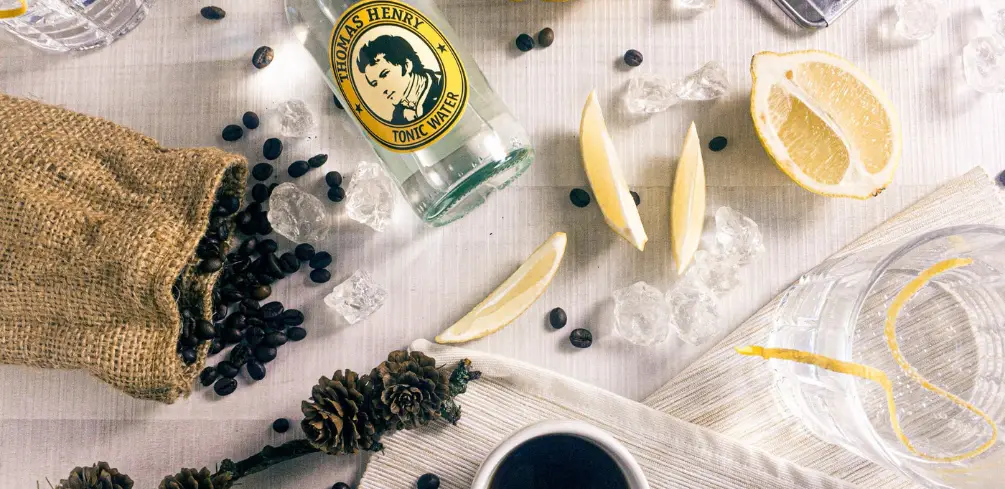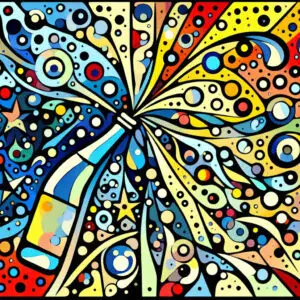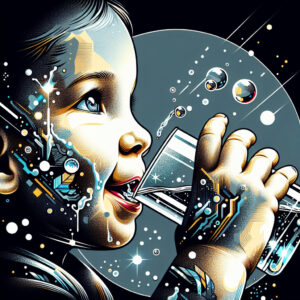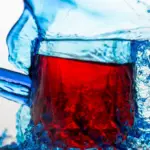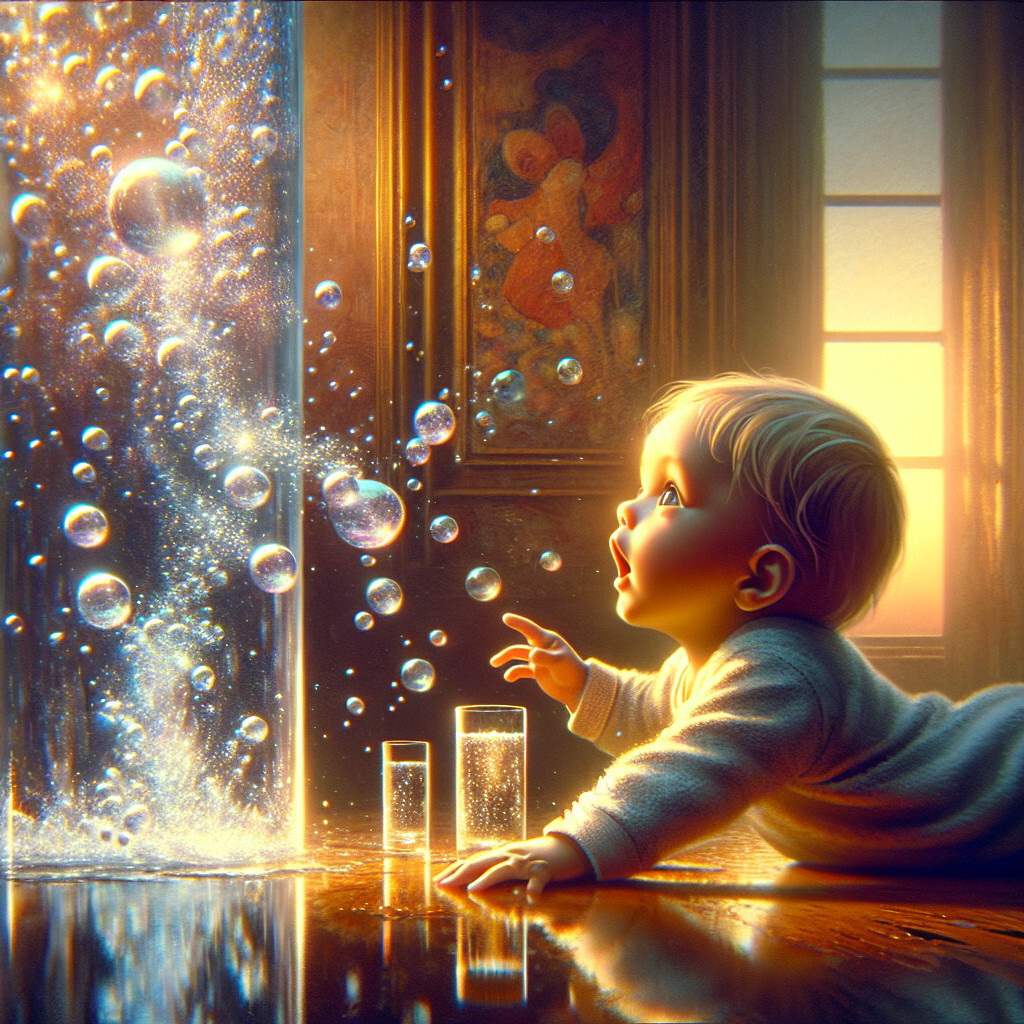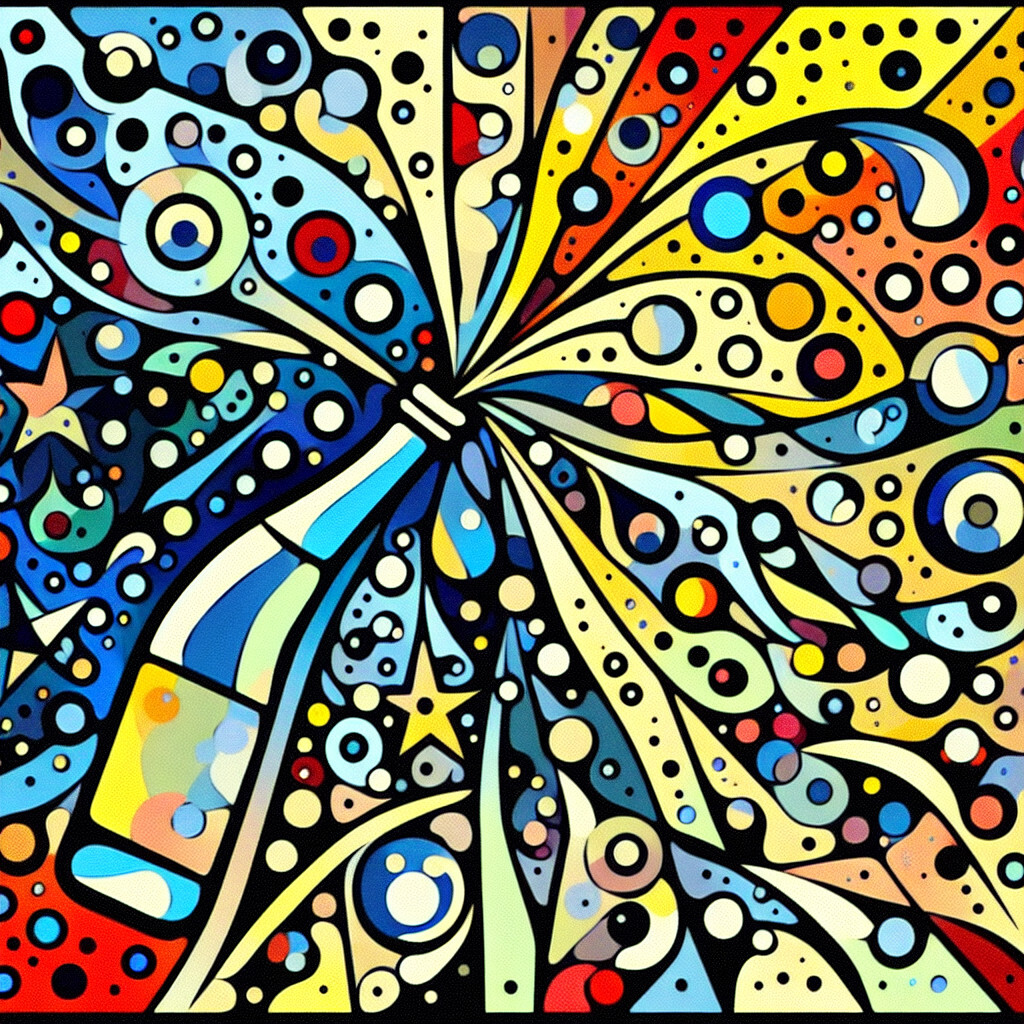Amazon Affiliate Disclaimer
As an affiliate, we earn from qualifying purchases. We get commissions for purchases made through links in this post.
It can be challenging to distinguish between sparkling water and tonic water. However, the two have apparent differences and are used in different situations.
Adding tonic water to spirits like gin, vodka, and others makes for simple, two-ingredient cocktails, making it a standard at happy hours everywhere. You can expect tonic water to be significantly integrated into the bar’s cocktail menu. Today, more and more people are considering tonic as a beverage beyond the cocktail hour due to the popularity of sparkling waters and seltzer.
Find out more about tonic and sparkling water and the difference between the two in the section below.
Sparkling Water: “sparkling water,” also known as “carbonated water,” refers to any type of water enhanced with carbon dioxide gas.
The carbonation in sparkling water is entirely natural, which is why it is also known as sparkling mineral water. It is derived from a well or spring that is dug very deeply into the ground in order to reach its source.
Calcium, magnesium, and sodium can all be found in sparkling water, and including these minerals in your diet might be a great idea.
When buying sparkling mineral water, pay attention to the label on the bottle. Mineral content may vary between products because manufacturers obtain water from various sources. The water produced by one company may contain more calcium, while the water produced by another may contain more sodium.
Since different minerals contribute unique flavors, sparkling water’s taste can be pretty distinctive. Trying out a few other brands before settling on a favorite can help narrow your options. Very quickly, you may also notice that this carbonated water flavor is more pricey.
Tonic Water
Also known as Indian tonic water, tonic water is a quinine-flavored carbonated soft drink. Tonic water was first used to prevent malaria, but these days it’s typically consumed for its distinctive bitter flavor rather than its quinine content and is often sweetened. It’s a standard ingredient in many cocktails, notably the classic gin and tonic.
Many manufacturers improve the beverage’s flavor by including regular table sugar or high-fructose corn syrup in the recipe. The added sugar and other sweeteners make it essentially indistinguishable from a can of soda.
In a situation where quinine in tonic water is highly concentrated, the water takes on an unpleasant taste.
For this reason, many producers only add minimal amounts to avoid giving their products an overly bitter taste. However, the bitter flavor works well with citrus and gin to create a popular bar drink.
Tonic water is the least likely to be consumed on its own and is instead used as a standard ingredient in your bar’s cocktail repertoire.
Use cases sparkling water vs. tonic water
You can swap sparkling or tonic water, but they serve different purposes. Below, we’ve outlined several situations where sparkling water and tonic water would be appropriate.
| Sparkling water | Tonic Water | |
| Making housemade sodas. | Classic gin and tonic. | |
| Sparkling water cocktails and nonalcoholic mocktails. | Other mixed drinks benefit from tonic water like vodka, rum, etc. | |
| Bubbly iced coffee and tea. | Certain non-alcoholic beverages, like carbonated lemonades, benefit from having a hint of bitterness in their flavor profile. | |
| Sparkling, chilled desserts. | Nonalcoholic tonic coolers. | |
| Fluffy pancakes and rice. | ||
| Making the pizza dough and the tempura batters light and airy texture. | ||
| Chia-infused energy drinks. | Diet-friendly sparkling water drink recipes. |
Have you read the article about the difference between seltzer and sparkling water? No? Read it here!
Why choose sparkling water over tonic water?
Tonic water’s only real perk is that it can help you stay hydrated because it’s a liquid. Unfortunately, the high amount of sugar in tonic water makes it quite unhealthy. The amount of added sugar in just one bottle of tonic water is more than the daily maximum allowed.
Some diet tonic waters use artificial sweeteners such as saccharin and aspartame in their formulations. These ingredients are not without their drawbacks. Research shows that using artificial sweeteners can make you crave sweets even more. The risk of developing diabetes increases when consuming aspartame and other artificial sweeteners.
Likewise, tonic water might include high-fructose corn syrup, a liquid sweetener with fructose-glucose. High-fructose corn syrup, like sugar, has been linked to weight gain and metabolic issues when consumed in large quantities.
Overuse of tonic water is associated with severe risks. Consuming extreme amounts of fruit juice can lead to preventable chronic diseases, diabetes, and heart disease, as can consuming any form of added sugar.
Because of how little quinine is in today’s tonic water, it’s unlikely you’re reaping any significant health benefits from it. You may experience nausea, cramping, and other gastrointestinal distress from excessive consumption.
Carbonated water, or sparkling water, does not have the components available in tonic water that causes the unpleasant effects above.
Substituting sparkling water for tonic water is always a welcome idea.
Drinking carbonated water in place of tonic water makes you feel fuller because it makes food sit in your stomach for longer. If you’re full, you won’t feel as hungry. So, carbonated waters are “empty calories” that help you feel full faster.
Interested in a TOP-NOTCH sparkling water making machine? Check out this site.
Final Thoughts
It is abundantly clear that sparkling and tonic water can be interchangeable. You can substitute sparkling water for tonic water in most cocktails. More specifically, the flavored varieties that are currently dominating the market.
To avoid potential complications when serving drinks or cocktails, one must be aware of these two types of water incompatibility.
Anyone who has been served tonic by mistake, thinking they were drinking sparkling water or seltzer, always knows the difference.
In contrast to tonic water, which adds calories and has no fizz to cocktails, sparkling water is calorie-and sugar-free while still enhancing the flavor of drinks. Tonic water offers few if any health or nutritional benefits. As with many things in life, consumption of tonic water in moderation is optimal.
If gin and tonics are what you prefer to drink, have at it. For those looking for a healthier alternative, the carbonated fizz of sparkling water can replace the tonic in your drink without adding sugar.
Related Topics:
What Is Sparkling Water And What Does it Do?
What Does Sparkling Water Taste Like?
Can You Drink Sparkling Water with Invisalign?
Read also:
- baby on sparkling water
- baby loves sparkling water

- sparkling water in babies
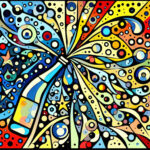
- giving baby sparkling water

- sparkling water for child

- does sparkling water affect breastfed baby

Please be careful and use at your own risk
None of the authors, contributors, administrators, or anyone else connected with Water Exotic, in any way whatsoever, can be responsible for your use of the information contained in or linked from these web pages.

